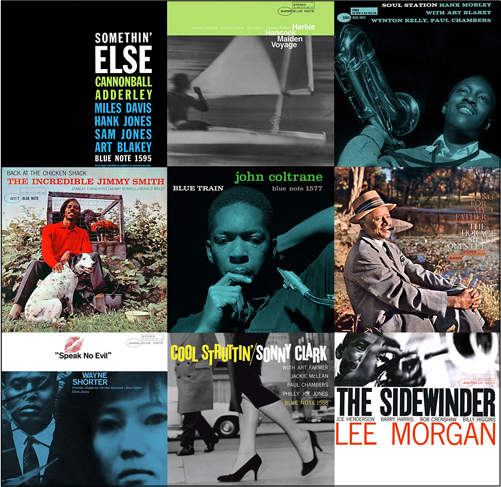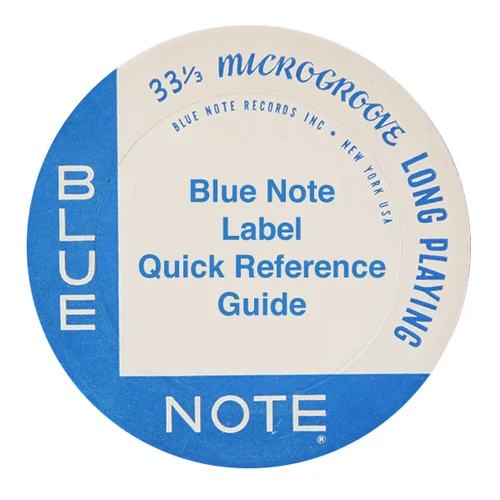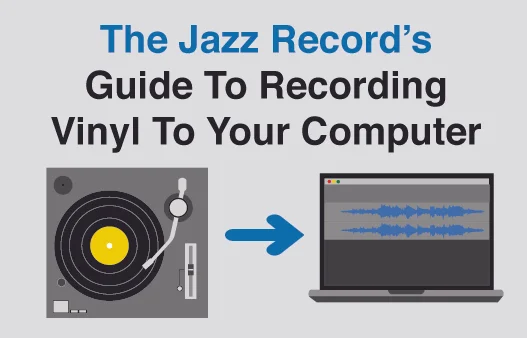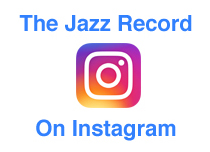Blue Note Records: The Ten Essential Albums
/Ten albums that represent the very best of what made Blue Note the premier jazz label during the golden age of jazz music (a period running roughly 1856 to 1968). They showcase the finest jazz music and artists that emerged during a time when jazz music was at it's commercial and creative peak.
Read More


















